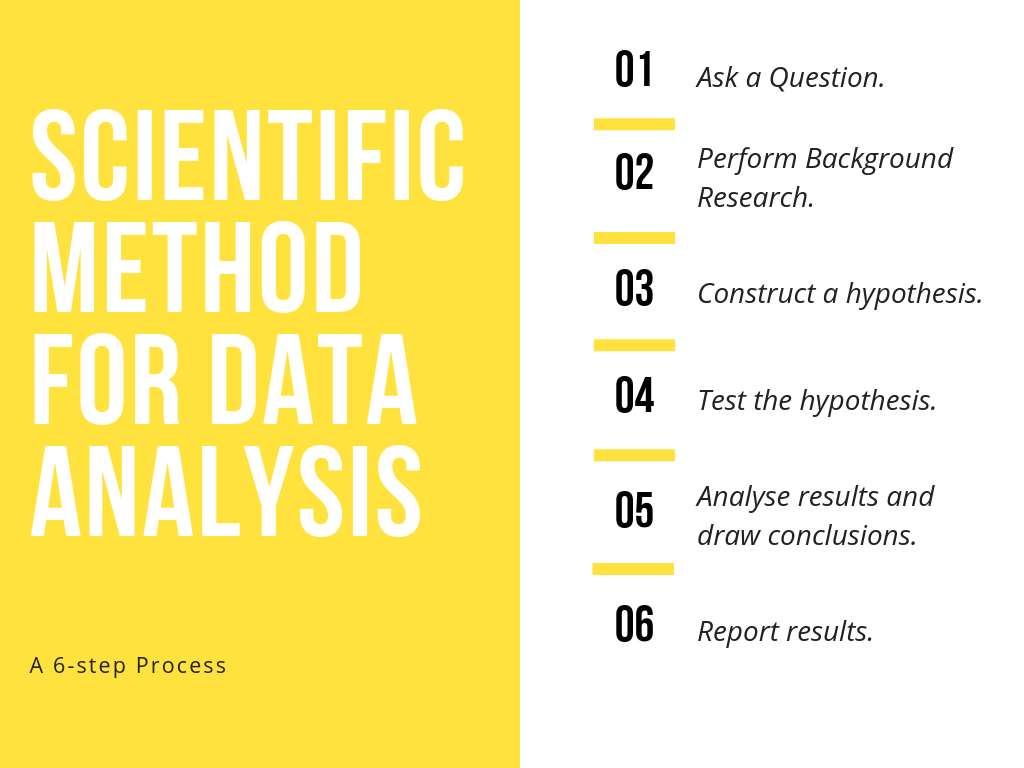- Scientific Method For Social Sciences
- Scientific Method Overview Examples
- Scientific Method Overview Definition
- Scientific Method Overview
- Overview Of Scientific Method

- This PowerPoint presentation introduces Science and the basic steps of the scientific method. Topics covered in the 28 slides include: What is Science? What is NOT Science Scientific Method Steps of the Scientific Method Three (3) Practice Scenarios to do as a class My presentations are oriented.
- Chapter 2: Overview of the Scientific Method by Paul C. Price, Rajiv Jhangiani, I-Chant A. Leighton, & Carrie Cuttler is licensed under a Creative Commons Attribution-NonCommercial-ShareAlike 4.0 International License, except where otherwise noted.
Robin Flowerdew, in International Encyclopedia of Human Geography (Second Edition), 2009. The scientific method is a way of conducting research, based on theory construction, the generation of testable hypotheses, their empirical testing, and the revision of theory if the hypothesis is rejected. Involves similar activities. The process is an expression of the basic scientific method using the following steps: statement of the problem, generating a hypothesis, review of relevant studies, creating measures, choosing the sample, collecting data, analyz-ing data, and reporting results. Figure 1–1 illustrates the research process.
The problem with the 'scientific method'
A common misconception in science is that science provides facts or 'truth' about a subject. Science is not collection of facts; rather, it is a process of investigation into the natural world and the knowledge generated through that process. This process of investigation is often referred to as the scientific method and it is typically defined in many textbooks and science courses as a linear set of steps through which a scientist moves from observation through experimentation and to a conclusion as shown below:
Scientific Method For Social Sciences
However, this classic portrayal has a number of problems. Science is not a linear process - it doesn't have to start with an observation or a question, and it commonly does not even involve experiments. Instead, the scientific method is a much more dynamic and robust process. Scientists get their inspiration from the natural world, from reading what others have done, from talking to colleagues, or from experience. They use multiple types of research toward investigating phenomena, including experimentation, description, comparison, and modeling. Some scientific investigations employ one of these methods, but many involve multiple methods, or some studies may even have characteristics of more than one method. Results from one research study may lead in directions not originally anticipated, or even in multiple directions as different scientists pursue areas of interest to them.

Scientific Method Overview Examples
Comprehension Checkpoint
Scientific Method Overview Definition
Scientists may use different research methods as long as they end up with the results that were predicted.
Practice of science: Methodologies
Scientific Method Overview
Given the detail needed to understand this practice, a single paragraph or even chapter will not do. Thus, we have developed a series of 11 modules that convey the practice of science and present the different methodologies used in scientific research. These 11 modules are part of a larger series of modules called our Process of Science modules, and these modules provide a detailed answer to the question 'What is science and how does it work?' If you would like to learn more about individual scientific methodologies, please visit our Practice of Science modules:
Overview Of Scientific Method
Summary
Scientific investigation is not always a linear process that starts with a hypothesis and ends with a conclusion, as portrayed in the classic “Scientific Method.” The true scientific method is a much more dynamic and much less predictable, and can involve various methods that may overlap. This module serves as an introduction to our Practice of Science series of modules, which describe key scientific methodologies.
Key Concepts
The scientific method is a process of discovery that does not follow a prescribed, linear pattern of steps.



